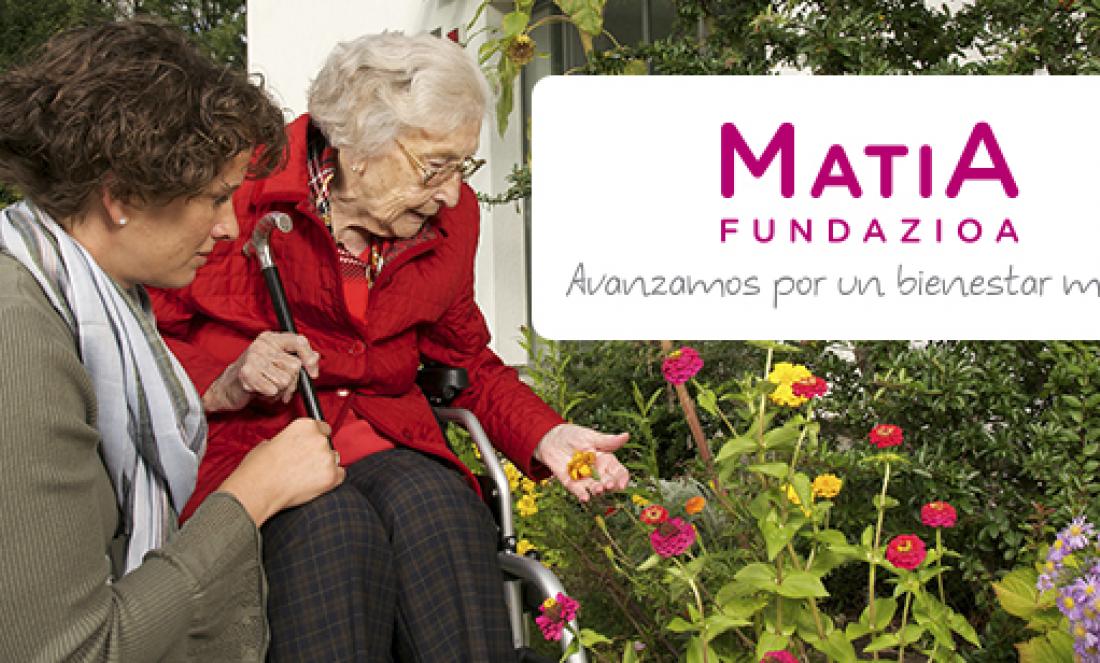
Person-centred care model. Practical notebooks. Notebook 4. Professionals New Roles and Care Teams
Person-Centred Care (PCC) is an approach that involves the development of specific professional skills, aimed at identifying and promoting the skills of the people for whom one works. The professions are not the only ones to decide. It is a matter of establishing a relationship of help for people where support is provided in a "horizontal" style and where the person has a central and active role.
This requires a "plus" in professionalism. Betting on this model should not reduce the technical rigor or the quality of the services we provide. On the contrary, its development implies changing some professional practices and the organisation of work.
Some of the most relevant aspects of the competences of professionals working in the framework of Person-Centred Care are described below.
Firstly, the interdisciplinary approach is essential. All professionals are needed. From this perspective of care, great value is placed on those who live together on a daily basis without abandoning the idea of a complete multidisciplinary team. To achieve this, the work of the daily support teams (the direct care professionals on a continuous basis) has to be tuned in to that of the technical team.
The Daily Support Team is made up of a group of professionals who work with the users on a continuous basis: the geroculturists, nursing assistants, social and health care technicians and carers are crucial to the well-being of the elderly because they are the ones who are by their side on a daily basis and who can get to know each person best. In centres where there are different direct care professionals who look after people, the figure of the reference professional is essential. This is a direct care professional who takes special care of the personalised attention and well-being of several users and who is in charge of being in contact with the technical team and formulating the necessary queries.
The technical team is usually made up of various professionals (doctors, nurses, psychologists, social workers, teachers, occupational therapists, physiotherapists, educators, animators, etc.) who, together with the carers, complete the multidisciplinary team of a centre. The technical team has tasks that must continue to be carried out by qualified professionals (specialised assessments, diagnoses, treatment guidelines, etc.)
In general, for all professionals the helping relationship with others is usually rewarding. However, it is sometimes necessary to encourage the development of training and exchange actions in order to strengthen the skills that will enable professionals to successfully face the challenges that come with a focus on respect for the rights and autonomy of individuals.
For many professionals, carrying out their daily work within the framework of Person-Centred Care means changing ways of thinking and acting. Change is not always easy: identifying resistance, putting oneself in the place of others, seeking out one's own resources and those of others are some of the strategies that can help to acquire skills aimed not only at the well-being of older people, but also at that of the professionals involved. Because, as some people point out, we are facing a People-Centred Care Model.
Click to Download Booklet 4 (The file is in Basque and Spanish)
Visit the other related entries:
Booklet 1: Model of Person-Centred Care. Practical notebooks. Notebook 1. Person-centred attention: What does it consist of?
Notebook 2: Model of person-centred attention. Practical Workbooks. Notebook 2. Person-centred attention: How to put it into practice?
Notebook 3: Model of person-centred attention. Practical notebooks. Notebook 3. How and where I want to be cared for. Person-centred care, a new model of care.

Add new comment